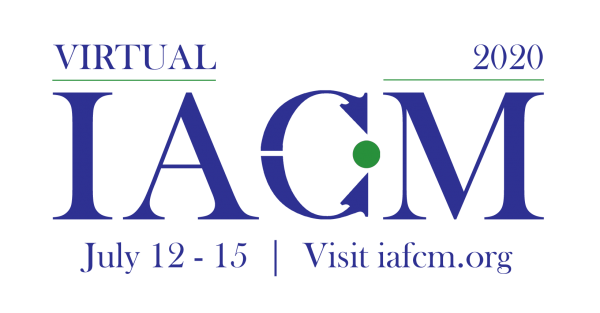Full Program »
Building a conversational toolkit for productive disagreement
Disagreement is a fundamental feature of social life, permeating organizations, families and friendships. While encountering opposing viewpoints seems inevitable, in practice, people do not seem to handle disagreement well. In this symposium, leading scholars will share their work on ways people can productively discuss disagreements over strongly held attitudes. First, Yeomans and colleagues develop a machine learning algorithm to detect "conversational receptiveness” – language that communicates thoughtful engagement during disagreement. Second, Collins and colleagues move from micro-level language to conversation-level goals to identify and test a novel intervention for improving conflictual dialogue: shifting conversation-level goals from persuasion to learning. Third, Kim and colleagues move from partner-level to group-level dynamics to introduce a new way to think about and measure workplace conflict through a focus on how individuals experience conflict expressions within groups and how those experiences are compiled at the group level. Finally, Hoover extends this prior work by examining inter-group hostilities in conflict, generally, and acts of hate, specifically. This symposium draws from a diverse array of conceptual frameworks and (natural language processing, field data, pre-registered experiments, scale development, geospatial modeling) to tackle the important question of how individuals can disagree in conversation more productively.
